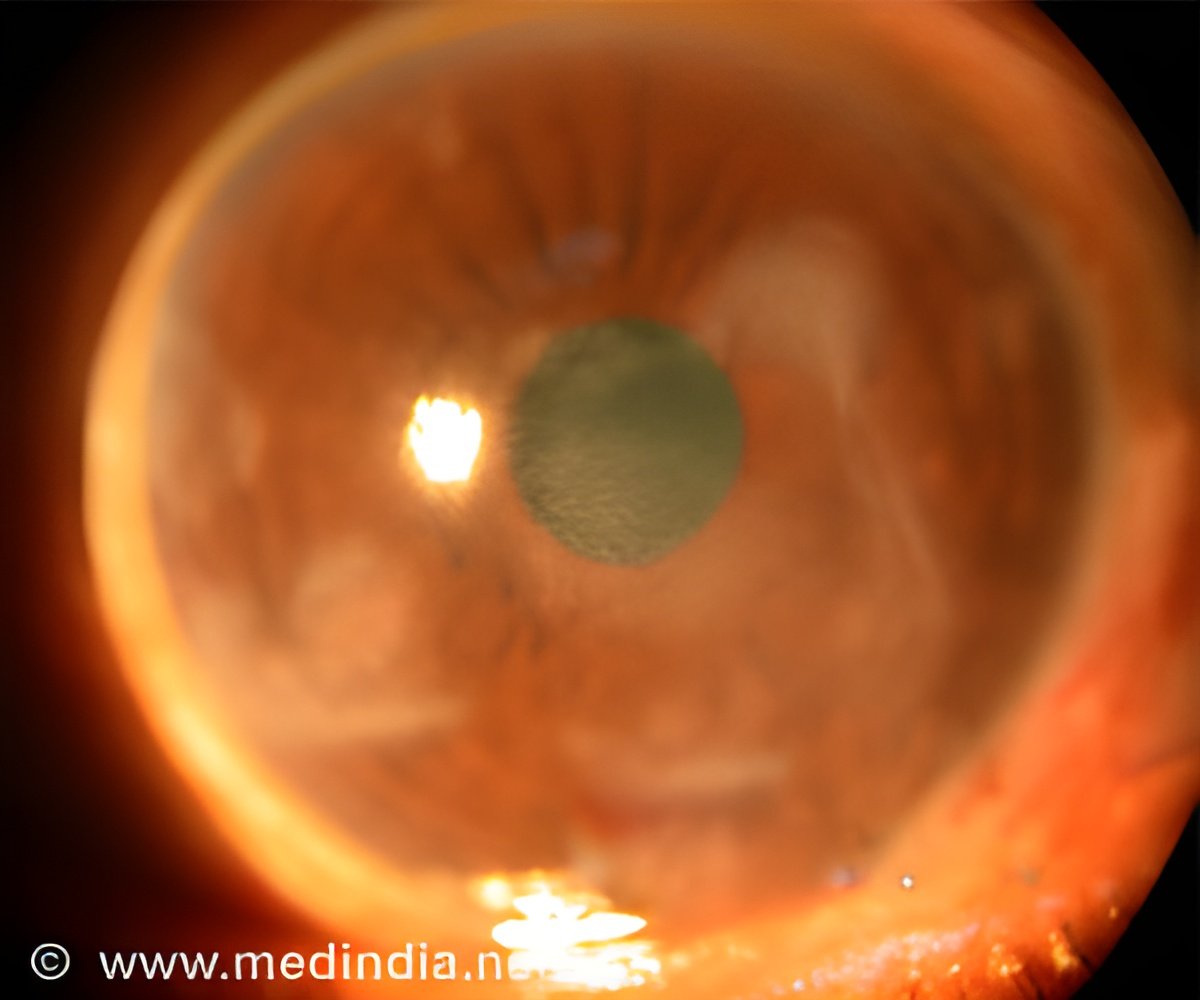
‘The treatment is better than a donated cornea as the patient’s own cells are used to grow and is implanted.’
Tweet it Now
The cornea is a transparent layer at the front of the eye. A layer of cells on its inner surface keeps it moist by "pumping" water out of it. Trauma, disease and aging can reduce the number of these cells leading to deterioration and blindness. Research scientist Berkay Ozcelik said it was an important breakthrough. “We believe that our new treatment is better than a donated cornea and we eventually hope to use the patient's own cells, reducing the risk of rejection," he said. Mr Ozcelik said the synthetic film looks a bit like cling wrap, and can be implanted on the inner surface of a patient's cornea through a very small incision.
The hydrogel film is thinner than a human hair and allows the flow of water between the cornea and the interior of the eye. It then breaks down and disappears within two months.
"These materials show minimal inflammation, cause no adverse issues at all and can cause regeneration of tissue, hence allowing us to use this for various applications," Mr Ozcelik said. "We've actually developed a new class of material using novel chemical methods. The film could be used for other tissue engineering such as skin."
Ophthalmic surgeon Mark Daniel said tissue engineering was a whole new way of thinking about fixing human problems. "This way of using patients own cells, amplifying them outside the body and replacing them is a very exciting new area," he said.
Advertisement











